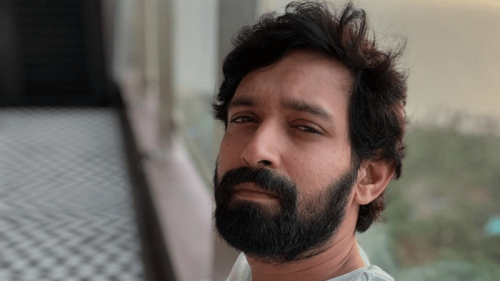ISLAMABAD, May 29: Women holding 33 per cent of the reserved seats in the legislative councils at the district, tehsil and union council levels should be encouraged to take leadership-role in disaster-risk reduction initiatives.
This was recommended by the participants at the launching ceremony of a report titled ‘Rethinking disaster’ by the Oxfam, a relief agency, held here on Thursday.
The participants were of the view that the government, donors and development agencies must integrate for reducing risks of the natural disasters and climate adaptation measures into all development projects.
Although a series of disasters have affected over five million people and cost over Rs344 billion in the past three years, a failure to strengthen Pakistan’s civilian disaster management agencies and vulnerable communities is exposing millions of women, men and children to unnecessary risks, warns the Oxfam International.
Despite the constant threat from earthquakes, floods, and droughts, the disaster management bodies at federal, provincial and districts levels, the participants urged to strengthen these institutions.
South Asia has turned into the world’s most disaster-prone region, says the relief agency in its new study, Rethinking the disasters. Human failure and not nature turns an event such as a cyclone or earthquake into a humanitarian disaster, it finds.
“The Kashmir earthquake killed 75,000 people. That is more than 12 times the number that died in Japan’s Great Hanshin earthquake in 1995, which was of similar strength,” said Iftikhar Khalid, acting country director for the Oxfam in Pakistan.
“Poverty, exclusion, inequality, and unsuitable policies raise risks for poor people, women, and minorities,” he said.
on the occasion, Asma Jehangir, head of Pakistan’s Human Rights Commission, endorsed the report’s findings.
“Both government and donors need to do more to reduce the risk of disasters before they happen,” she said, and urged tackling of underlying factors such as poverty and discrimination that leave millions of people vulnerable to disasters.
Both the human and monetary cost of disasters in Pakistan and across the region is enormous. The floods of 2007 affected over 30 million people in Bangladesh, India, Pakistan, Nepal and Sri Lanka. Reconstruction in Pakistan after the 2005 earthquake has cost $5.2 billion, about 20 per cent of the annual national budget, the participants said.
Climate change is aggravating the situation. Two thirds of South Asia’s disasters are climate-related. As global warming increases the frequency, severity and unpredictability of extreme weather events, vulnerable people in Pakistan face worse cyclones, floods and droughts, they added. “The good news is that we can change the situation,” says Rubina Sadiq, an activist from a disaster-affected community in South Punjab.
“The right policies and preparations can save both lives and money. Preparations for disaster cost much less than what a response can cost. The problem is that the government and many donors do not give priorities to these preventative measures,” she said.—APP













































Dear visitor, the comments section is undergoing an overhaul and will return soon.